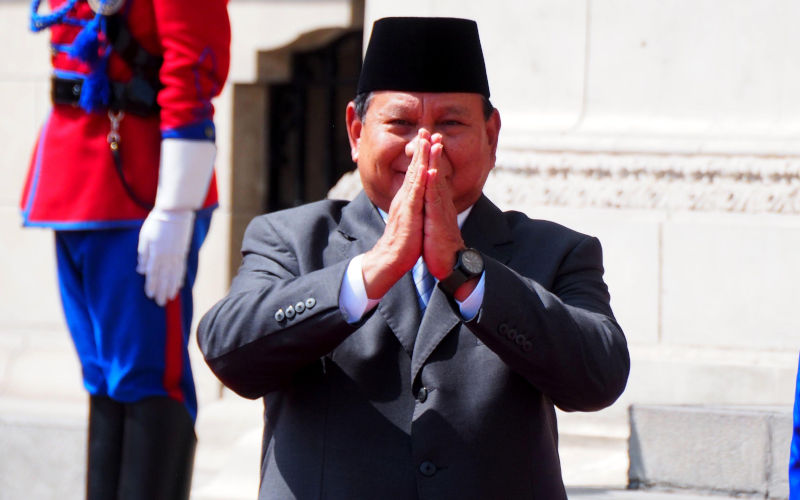Indonesia remembers the coming of democracy, 27 years later
May 28, 2025
The shadow of Soeharto’s past now seems to loom over the nation, threatening the civilian supremacy we fought so hard to establish.
Last Wednesday marked the 27th anniversary of a pivotal moment in Indonesian history. On 21 May 1998, the nation demonstrated its collective power by forcing Soeharto to end his 32-year authoritarian rule.
This milestone achievement, which The Jakarta Post recorded in its memorable headline “I QUIT”, paved the way for Indonesia to become the world’s third-largest democracy in less than a decade. However, the shadow of Soeharto’s past now seems to loom over the nation, threatening the civilian supremacy we fought so hard to establish.
Just one year after Soeharto’s fall from grace, Indonesia surprised the world with its first democratic elections, which were held in a free and peaceful manner. This commitment to democracy deepened in 2004 with the adoption of direct presidential elections, followed a year later by direct regional head elections.
Indonesia stands as a remarkable example, likely the only predominantly Muslim nation that has consistently proven Islam’s compatibility with even the most sophisticated democratic systems. In many other Islamic nations, democracy remains fragile or is even suppressed in the name of religion.
Indonesia now confronts the danger of a complete reversal in its democratic trajectory. While in 1998, the military was largely seen as the primary cause of political and economic instability, a growing number of civilians now view the Indonesian Military (TNI) as a potential saviour amid rising frustration with civilian governments at both central and regional levels.
However, the public must remember that any return of the military to public life should be for limited and ad hoc purposes. We must acknowledge that Indonesia’s largely Army-centric military currently faces no significant external security or defence threats. As an archipelagic nation, the Navy and Air Force should naturally play more strategic roles.
It is unrealistic to expect the military to simply remain in their barracks when they have little to do. So, what is a solution that upholds the strict principle of civilian supremacy while being acceptable to all?
The public is increasingly weary of seemingly rampant abuses of power by state officials and political elites. They are also fed up with the corrupt and abusive behaviour of the police. Consequently, many desire the military to step out of the barracks and reengage in social-political affairs.
President Prabowo Subianto, a former son-in-law of Soeharto, has repeatedly pledged to strictly abide by the Constitution, including upholding democracy. We trust the president’s commitment, and we believe his government will be stable, given that his ruling coalition controls more than 80% of the House of Representatives.
The end of Soeharto’s regime remains an unforgettable event for Prabowo, as just three months after the former’s resignation, Prabowo himself was dismissed from the military. Furthermore, Prabowo has often been linked to atrocities, including the abduction of government critics, although his case was never brought to justice.
The sweeping reforms removed the military’s privileges, recognising that Soeharto had used the institution to cling to power. In 2004, the House of Representatives passed the TNI Law, primarily outlining its duties for external security and defence, with tight restrictions on military personnel holding civilian positions.
However, in February this year, the House endorsed a revision of this law that allows the military to reclaim some of its old power. The government insists that the revised TNI Law only focuses on three main issues: expanding military operations other than war, increasing civilian posts that can be held by active TNI personnel and changing soldiers’ mandatory retirement age. This assurance, however, has not been enough to quell public scepticism.
After nearly three decades, there are convincing signs of the state’s temptation to revert to the Soeharto era, when stability was the currency. The election of Prabowo, in particular, has clearly become a significant moment for the military to potentially regain lucrative power in social-political affairs.
Twenty-seven years ago, Soeharto stepped down after nationwide protests. May the day serve as a clarion call to the nation, reminding us all that we must never abandon the vibrant tapestry of democracy which was woven with our blood and tears.
Republished from The Jakarta Post, 21 May 2025
The views expressed in this article may or may not reflect those of Pearls and Irritations.

